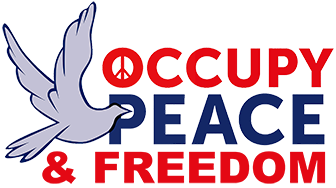By James Bradley – June 23, 2021

Unknown for decades, declassified documents show that FDR’s mail was deliberately diverted and falsified to prevent a historic meeting with Mao Zedong that might have shortened the war, changed history, and reshaped the modern world.
Historians cite the 1972 meeting between Mao Zedong and Richard Nixon as the original spark for U.S.-China Globalization in which the U.S. and China began cooperating to industrialize China and integrate the two countries’ economies.

But a much younger Mao Zedong had tried to interest President Franklin Delano Roosevelt on Globalization 27 years earlier, and history would have turned out differently if Roosevelt had agreed.
The Korean and Vietnam Wars—which resulted in millions of deaths—could have been avoided along with the Taiwan Straits crisis of 1958, which nearly resulted in a nuclear apocalypse, and Taiwan would not have been separated from Mother China.
On January 9, 1945, Mao Zedong reached out from his headquarter in Yan’an to President Roosevelt. U.S. Army Major Ray Cromley—acting chief of the U.S. mission in Yan’an— forwarded this message to U.S. Army headquarters in Chungking:
Mao and Zhou will be immediately available either singly or together for exploratory conference at Washington should President Roosevelt express desire to receive them at White House as leaders of a primary Chinese party.
At this time Mao Zedong was a vibrant 51-year-old at the height of his powers. Washington officials at this moment knew little about the twentieth century’s largest revolution as it developed from embryo to maturity. Mao had transformed Yan’an, which six years earlier most Chinese had never heard of, into a base which American tanks and airplanes could not threaten and also made it into one of China’s largest educational centers.

Recent Comments